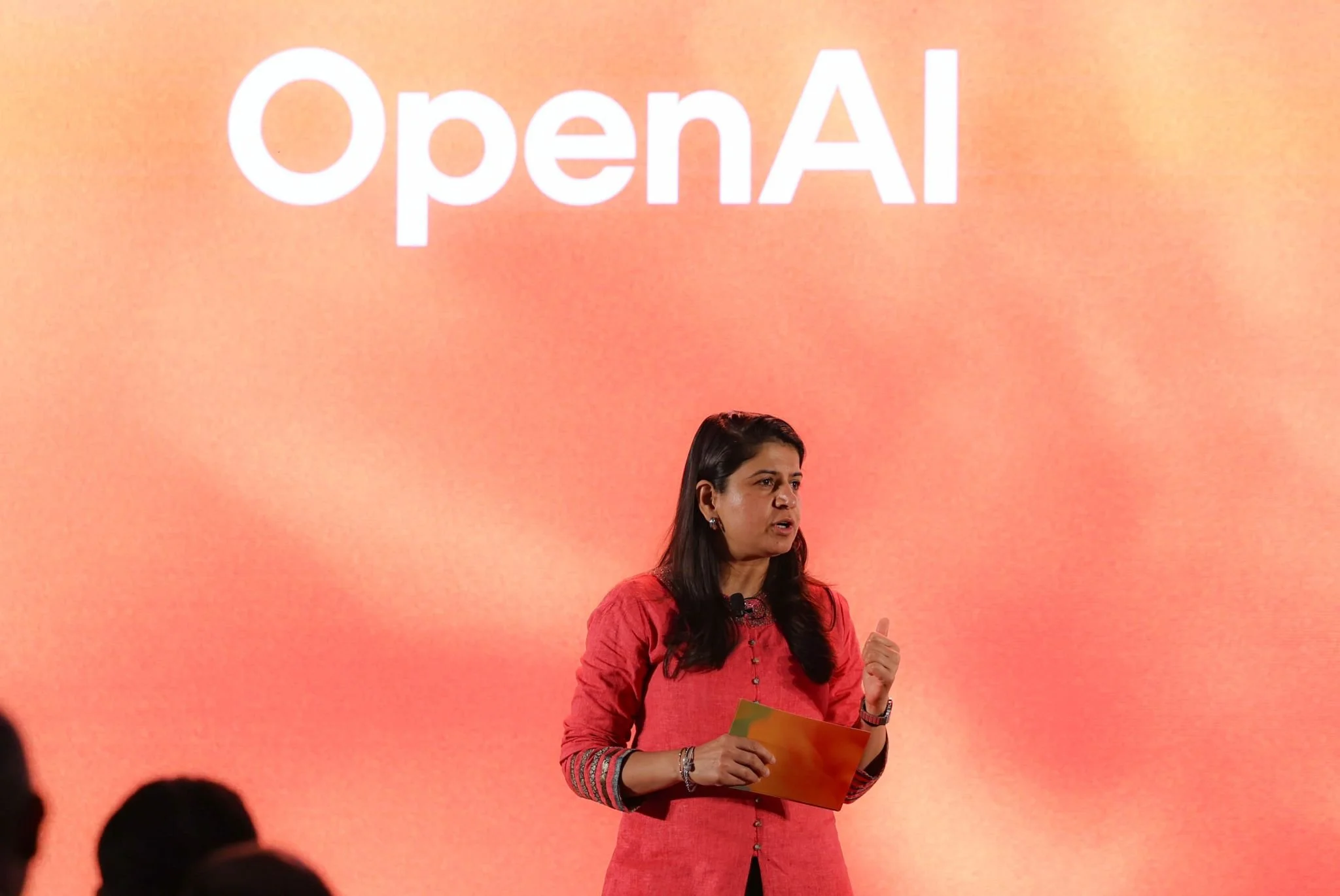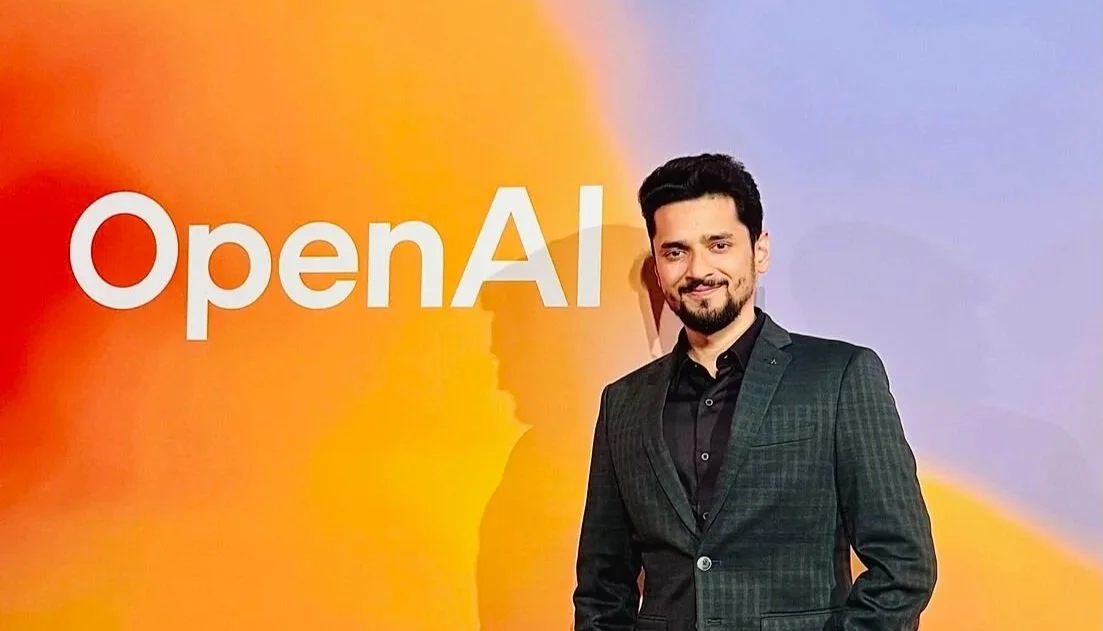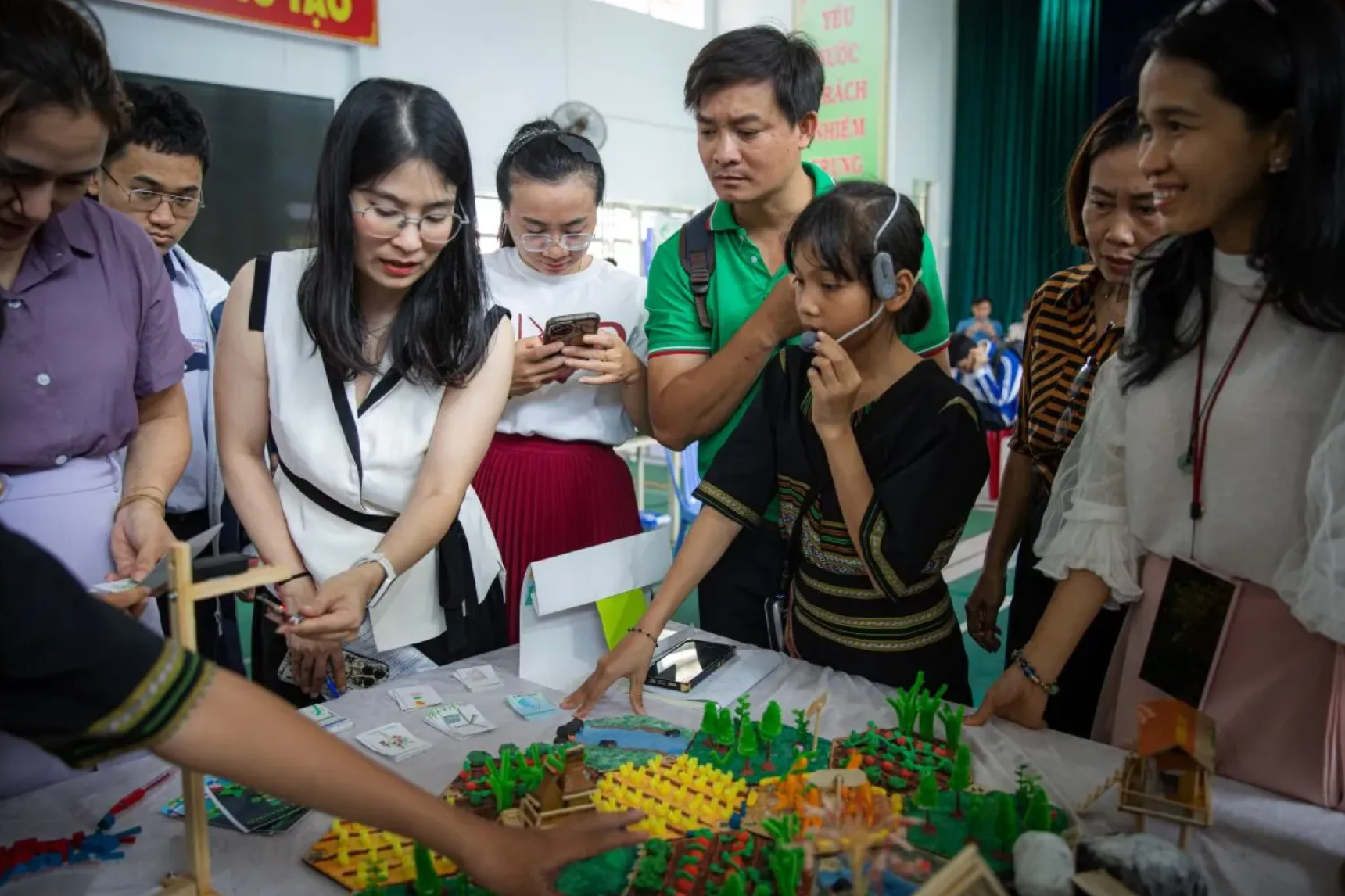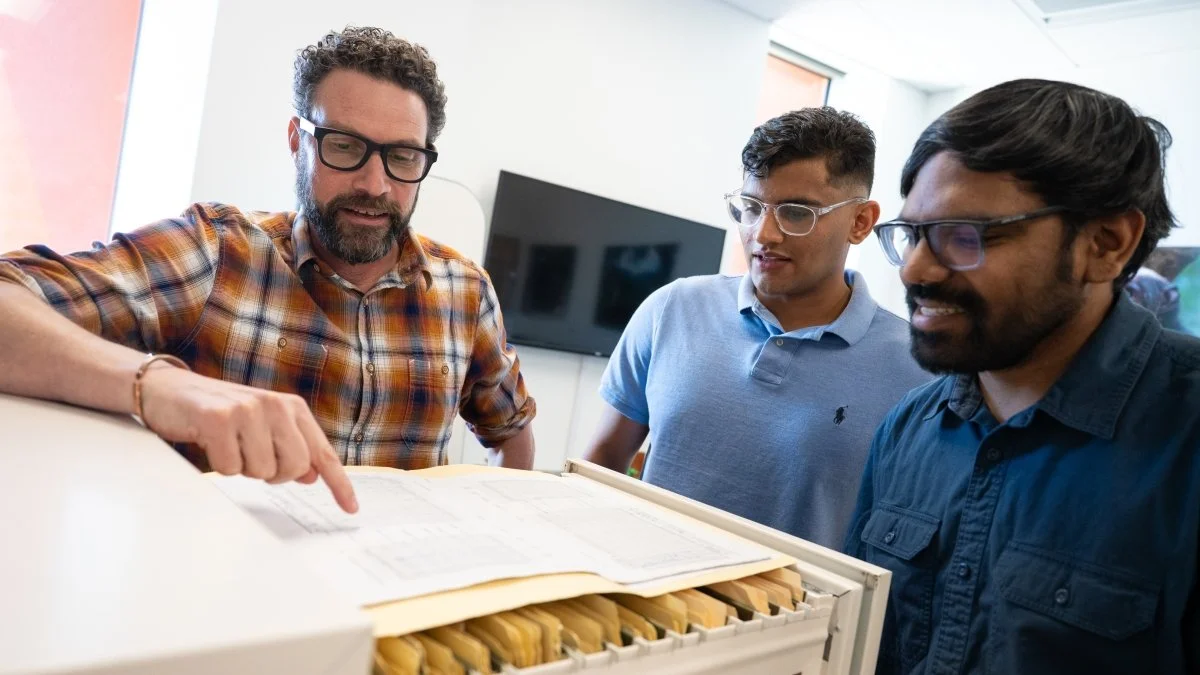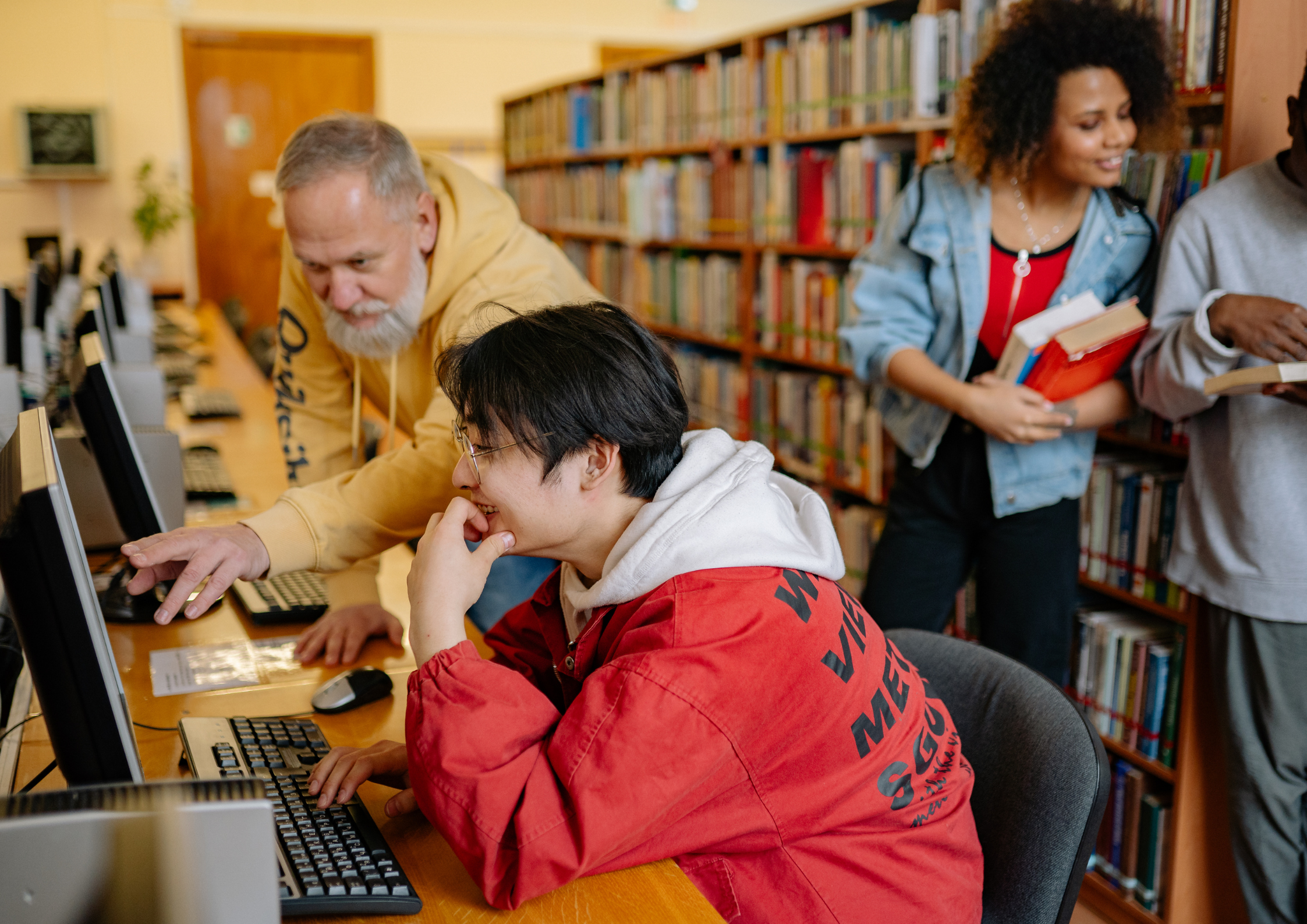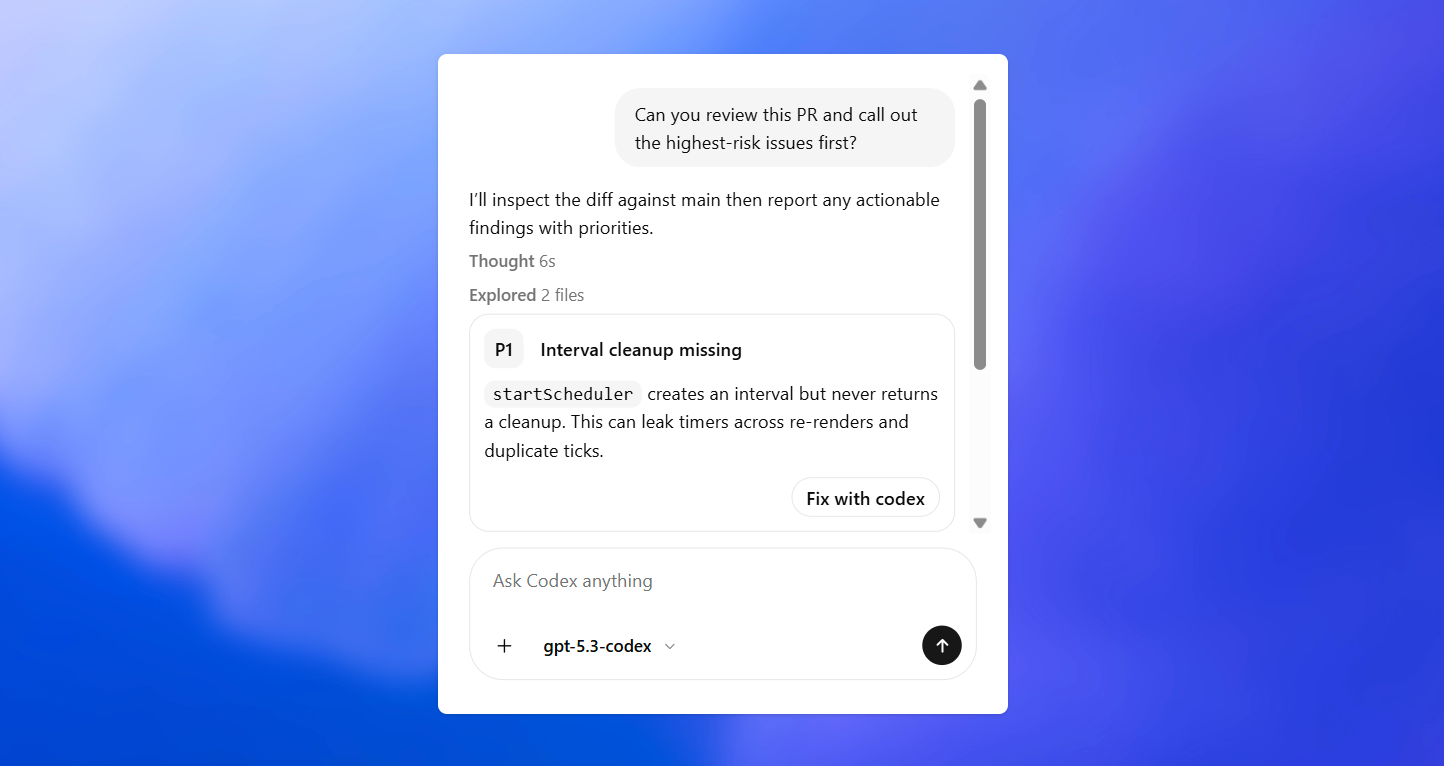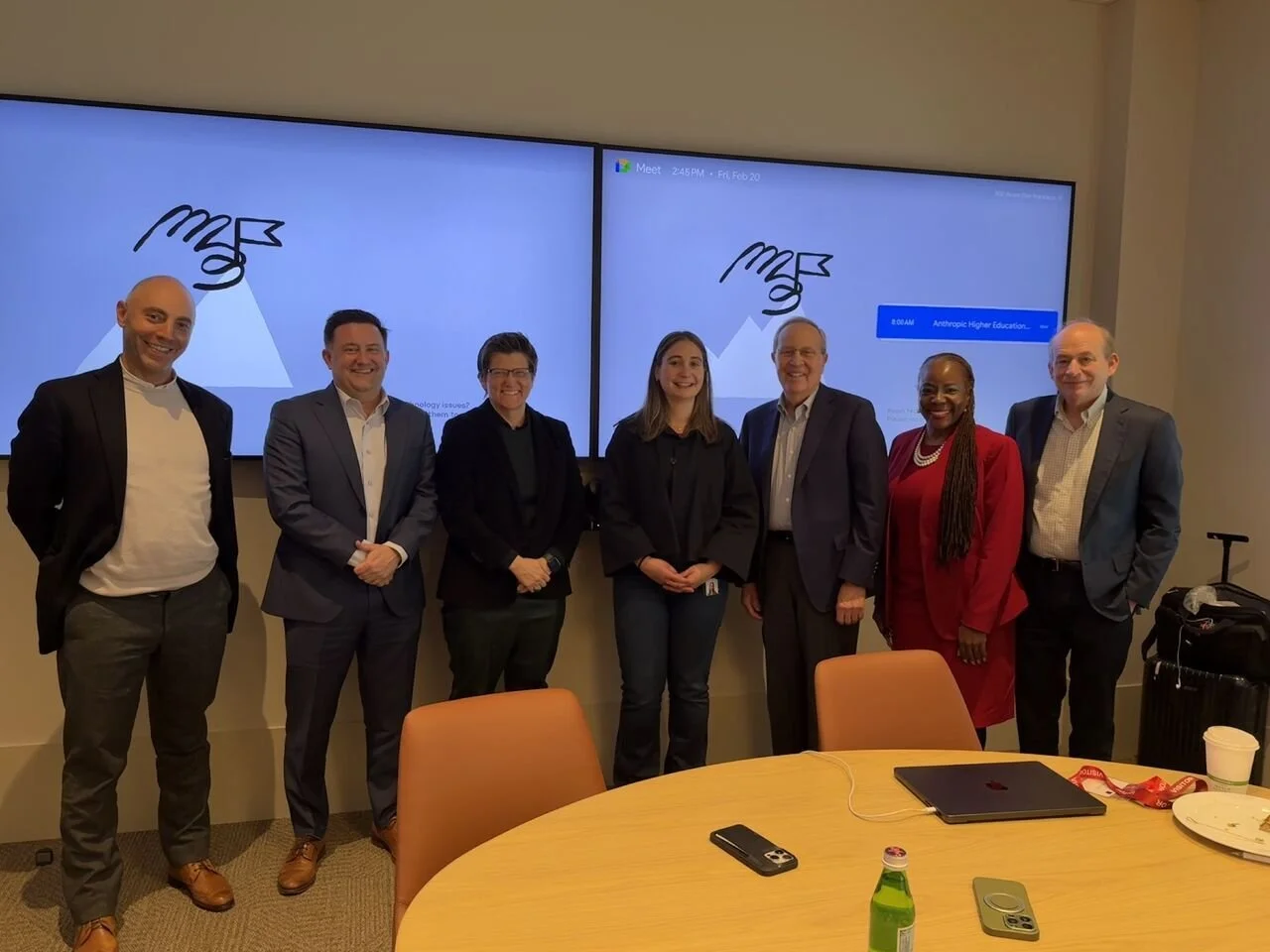Alan Turing Institute secures £1m grant to develop AI tools for national security analysts
The Alan Turing Institute will lead a new research consortium to build AI systems that support intelligence analysts working with complex and time-sensitive data.
The Alan Turing Institute has been awarded a £1 million research grant to develop AI systems intended to support intelligence analysts working in national security and defence.
The institute is the UK’s national centre for data science and artificial intelligence, carrying out academic and applied research across government, industry, and public-sector organisations.
The new AiTASHA project is funded by the Engineering and Physical Sciences Research Council and focuses on designing AI models that help analysts prioritise information and manage growing volumes of complex data. The Turing Institute says the aim is to improve the speed and confidence of assessments without replacing human decision-making.
Project addresses pressure on UK intelligence workflows
Analysts are often required to make high-impact judgments from incomplete or uncertain datasets, with limited time to determine what information to review first or whether further intelligence should be collected. The institute notes that these decisions take place under operational pressure and with increasing data volumes, prompting the need for tools that can assist with triage and data acquisition choices.
According to the announcement, the project will explore ways to design explainable and defensible AI tools that identify which pieces of existing intelligence should be prioritised for human review and which new data sources may warrant further attention.
Dr Richard Walters, Lead Research Data Scientist at the Turing’s Defence AI Research Centre, says: “Developing specialised artificial intelligence tools to support national security analysts is a vital area of research, aimed at keeping our country safe. Analysts are often required to make critical assessments under intense pressure. This work explores how machines can help intelligence analysts respond to increasingly complex threats and datasets in a more efficient way, whilst maintaining their existing high legal and ethical standards.”
Consortium brings together four universities and government partners
The Turing Institute will lead a consortium involving researchers from the Universities of Warwick, Southampton, Dundee, and Cardiff, as well as defence and national security partners across government. The team will apply statistical modelling, human-centred design, and AI research methods to build systems that reinforce analysts’ expertise.
Professor Jim Smith from the University of Warwick says: “Over several decades now the UK has led the development of predictive models that are structured around human expert judgements so that multimodal data can be fully utilised and interpreted. This project aims to translate these methodologies into the national security arena. It will lead the development of new defensible and ethical AI tools that are able to interpret streaming electronic data through the lens of human analytic expertise to further protect our country.”
The ETIH Innovation Awards 2026
The EdTech Innovation Hub Awards celebrate excellence in global education technology, with a particular focus on workforce development, AI integration, and innovative learning solutions across all stages of education.
Now open for entries, the ETIH Innovation Awards 2026 recognize the companies, platforms, and individuals driving transformation in the sector, from AI-driven assessment tools and personalized learning systems, to upskilling solutions and digital platforms that connect learners with real-world outcomes.
Submissions are open to organizations across the UK, the Americas, and internationally. Entries should highlight measurable impact, whether in K–12 classrooms, higher education institutions, or lifelong learning settings.










